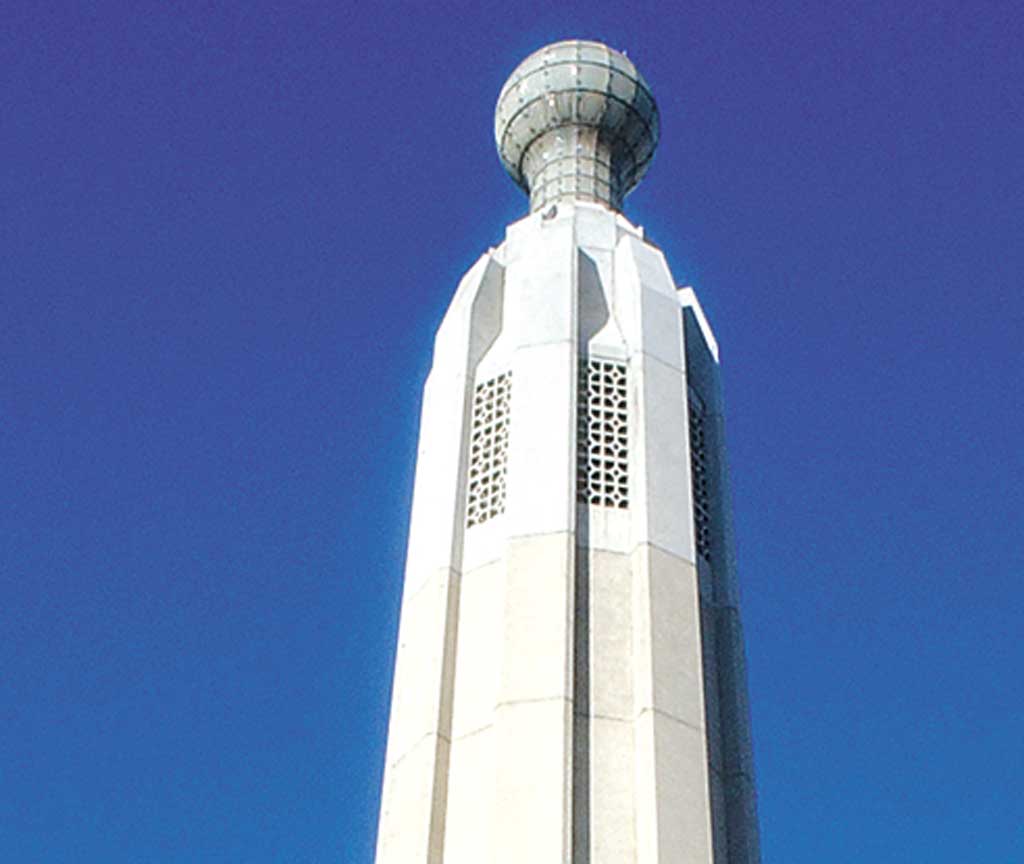BY KATHY CHANG
Staff Writer
EDISON — Township Attorney William Northgrave said that police training was not an issue when police officers made a split second decision on whether or not to obtain a search warrant before entering a hotel room at the Lexington Inn Hotel in 2013.
That split second decision led to the arrest of a suspect who was convicted and pleaded guilty to a narcotics-related offense. He was sentenced to a five-year term of probation including court imposed applicable fines, fees, and restitution.
The suspect, represented by Public Defender Joseph E. Krakora, appealed his conviction, challenging the Law Division of the Superior Court’s denial of his motion to suppress the evidence that was subsequently seized during a search of the hotel room by Edison police without a search warrant.
The court had decided that the search was justified based upon probable cause and exigent, or pressing, circumstances.
The Appellate Division of the Superior Court of New Jersey, in a decision on March 1, favored the suspect’s argument that the court should have suppressed the evidence that the Edison police seized before a search warrant was issued.
“The issue was whether or not [the Edison police] had enough time to pursue a search warrant,” said Northgrave, who said he discussed the Appellate Court decision with Police Chief Thomas Bryan. “The chief said in hindsight everything is 20/20. He had reviewed it with his officers and he thought they acted appropriately. The Appellate decision disagreed. The chief respects their opinion, but they made a split second decision. The Appellate Division after four months of hindsight was able to disagree with them.”
Councilwoman Sapana Shah discussed the Appellate Court decision during her council comments at a meeting on April 12. She asked if there needs to be more police training so that officers have all the tools they need in similar situations.
Northgrave said the chief did not think the issue was a training issue or something that the officers needed retraining on.
“It was an instance where the officers made a decision … they didn’t wait for a warrant [to enter the hotel room],” he said. “The defense counsel brought the motion to suppress [the evidence].”
Police Captain Patrick Kelly said they have plenty of training from the Middlesex County Prosecutor’s Office and from The Rodgers Group, LLC. He said the officers take a test every six months on various topics that include search and seizure.
On April 30, 2013, Edison Police Sergeant Michael Mintchwarner was on routine patrol in a marked police vehicle.
He received information on the suspect that led him to the Lexington Inn Hotel.
Mintchwarner had information from “a couple of sources” that the suspect was involved in heroin distribution in Edison and Woodbridge.
At approximately 2:15 a.m., Mintchwarner saw an individual enter the hotel and emerge approximately five minutes later.
The individual was stopped by police and arrested. In a recorded statement, the individual told police that he went to Room 253 of the Lexington Inn Hotel to purchase a brick of heroin from the suspect. He further stated that when he made the purchase, the suspect’s brother was present.
With information from the individual, Mintchwarner devised a plan of action.
When officers entered the hotel room, officers found the suspect and his brother lying on the bed. The officers announced that the two men were under arrest and performed a “protective sweep” in the immediate area of the suspect and his brother.
The “protective sweep” included a search of the suspect’s wallet which revealed “thousands of dollars in small bills.” The officers also observed a trashcan containing magazine paper resembling the paper used to wrap the heroin that was discarded by the individual who police received information from. Mintchwarner instructed the officers to secure the scene until a search warrant was obtained.
In its decision, the Appellate Court said they agreed with the Law Division that the facts established a probable cause for the Edison police officers to believe that there was criminal activity taking place in the hotel room occupied by the suspect and his brother.
However, the Appellate Court said they found the conduct of the Edison police officers was consistent with “a flagrant disregard of privacy rights.”
“As we noted, the record is devoid of any contemplation by the police officers to seek a warrant,” the Appellate Court stated.
On January 14, 2015, the suspect was charged with violations of his five-year term of probation. He was sentenced to two consecutive five year terms and one consecutive 18 month term, for a total of 11 and a half years on two, third-degree convictions and a fourth-degree conviction. He argued that the conviction was excessive.
The Superior Court will re-sentence the suspect on his violations of probation based on the Appellate Court’s decision to suppress the evidence seized during his arrest in 2013.

